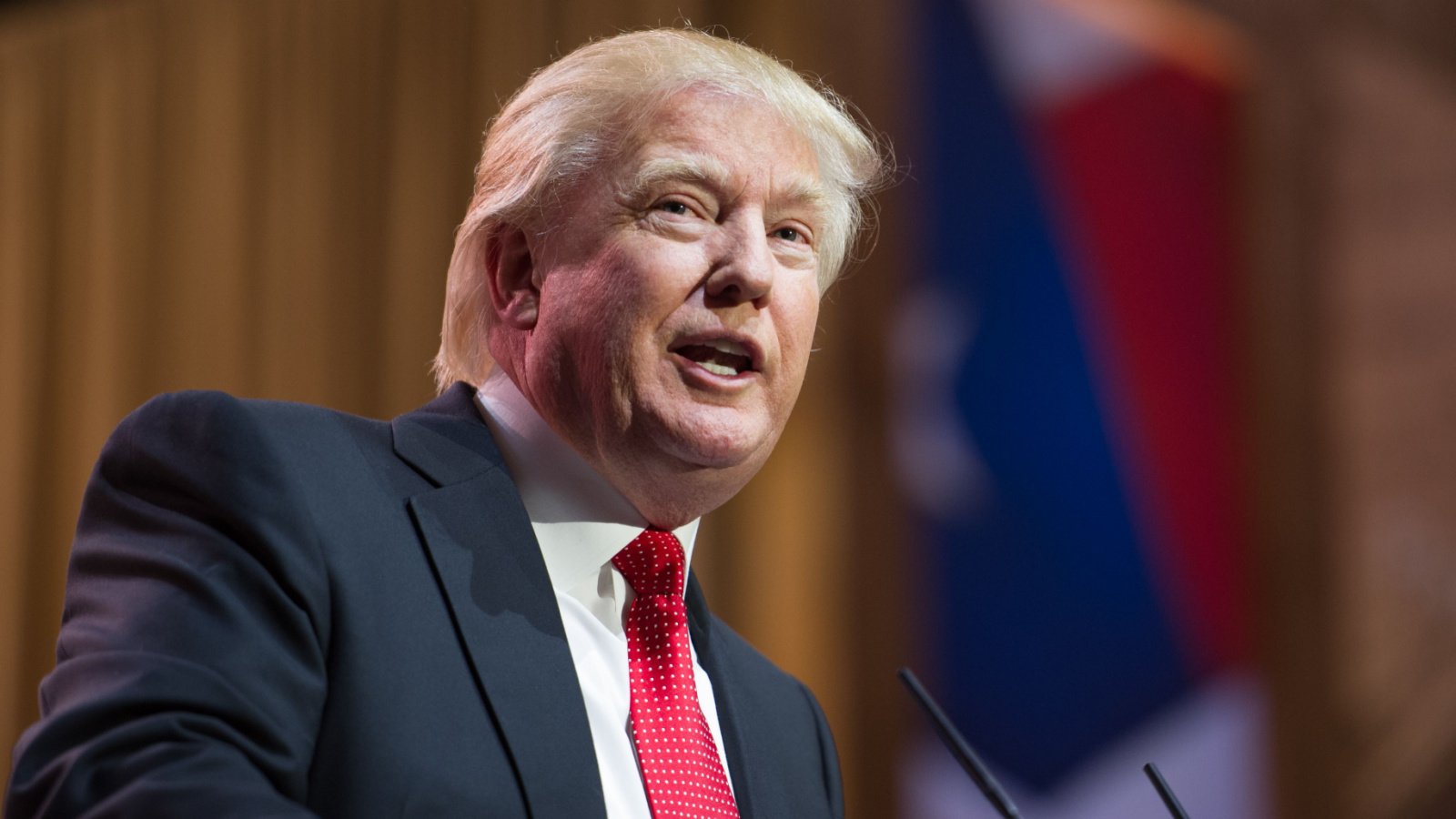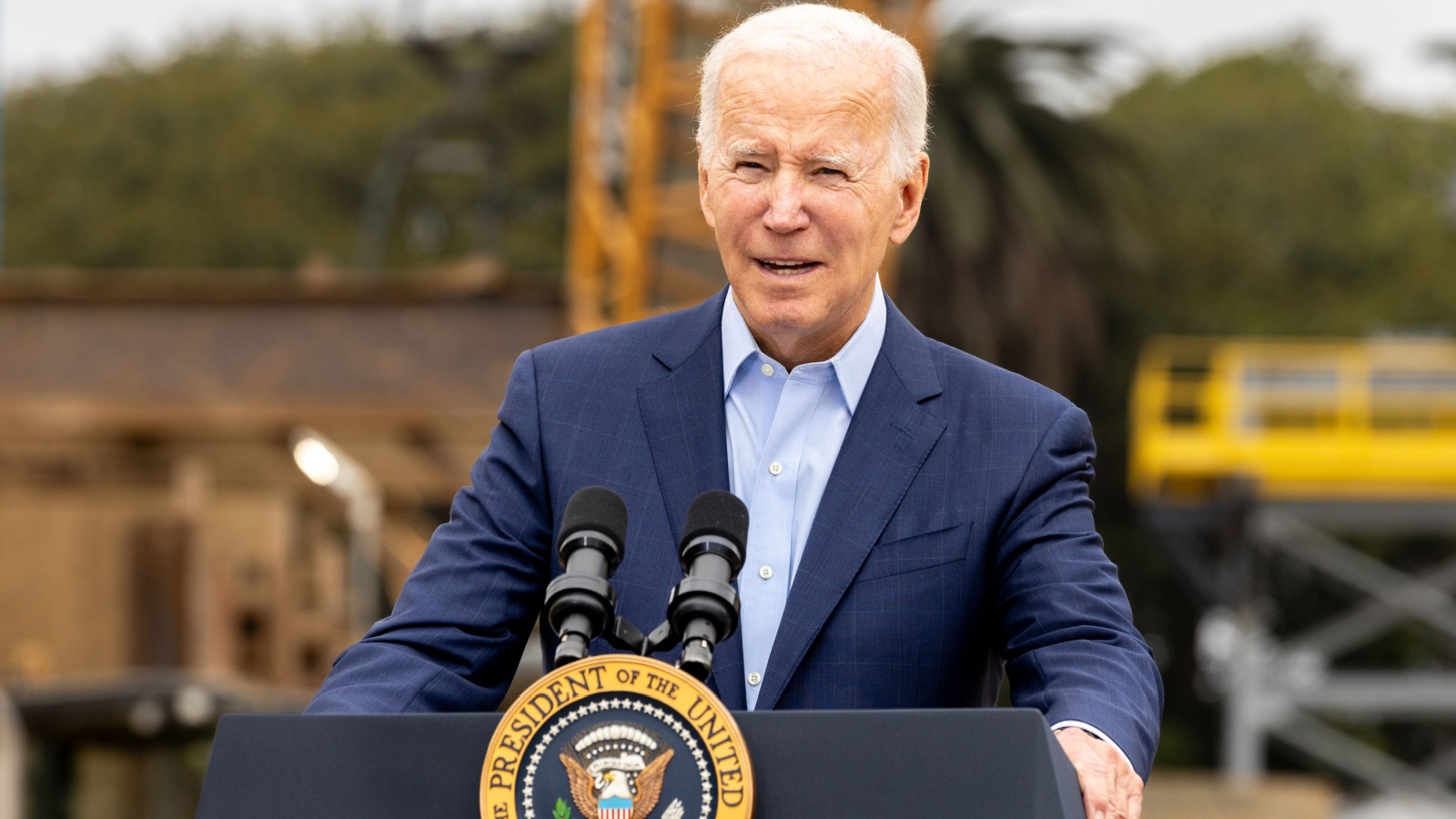A recent poll reveals a striking global mistrust in democratic elections, with citizens from 19 countries voicing skepticism about their fairness and an openness to authoritarian rule. This critical insight challenges our understanding of democracy’s health worldwide.
Global Skepticism

Across 19 diverse nations, citizens cast doubt on the integrity of their elections, yearning for what many see as an elusive ideal: truly free and fair political contests. This craving for authenticity even leads some to romanticize the notion of a powerful leader unencumbered by democratic checks and balances.
Democracy in Question

An influential study by the International Institute for Democracy and Electoral Assistance has unveiled a stark reality: democratic institutions are failing to meet public expectations. This revelation has sparked a movement to place the perceptions of everyday people at the heart of democratic discourse.
A Call for Change
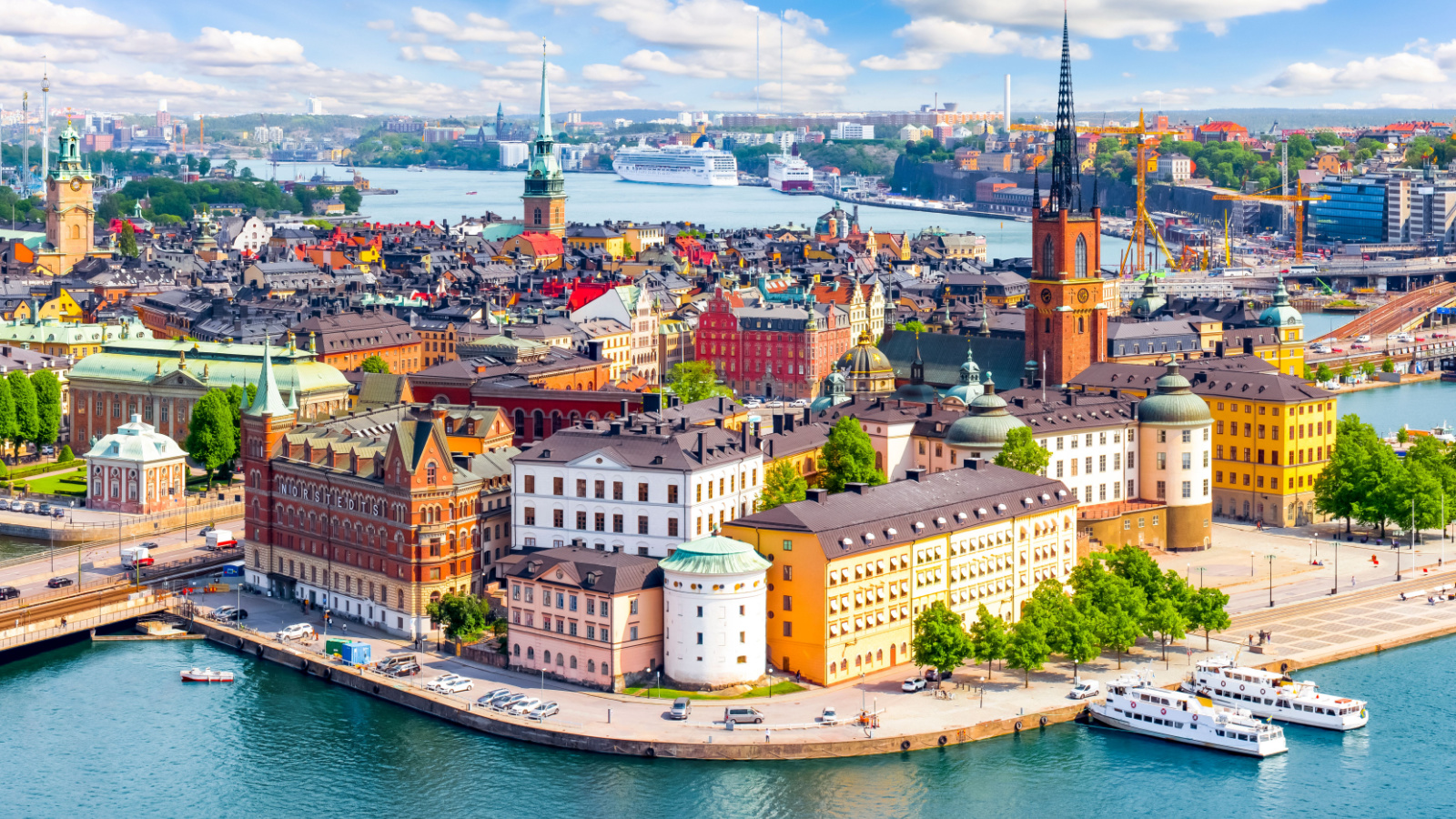
The report emerges as a clarion call, urging a pivot towards prioritizing citizens’ views in the dialogue about democracy’s future. Originating from Stockholm, this initiative seeks to bridge the gap between governmental actions and public sentiment.
A Closer Look at the Numbers

With a precision margin of 2-4%, the survey engaged about 1,500 respondents per country, except in the Solomon Islands, where the sample size was adjusted to 526 to suit its smaller population. These figures lay the groundwork for a comprehensive understanding of global political sentiment.
Discontent Spreads
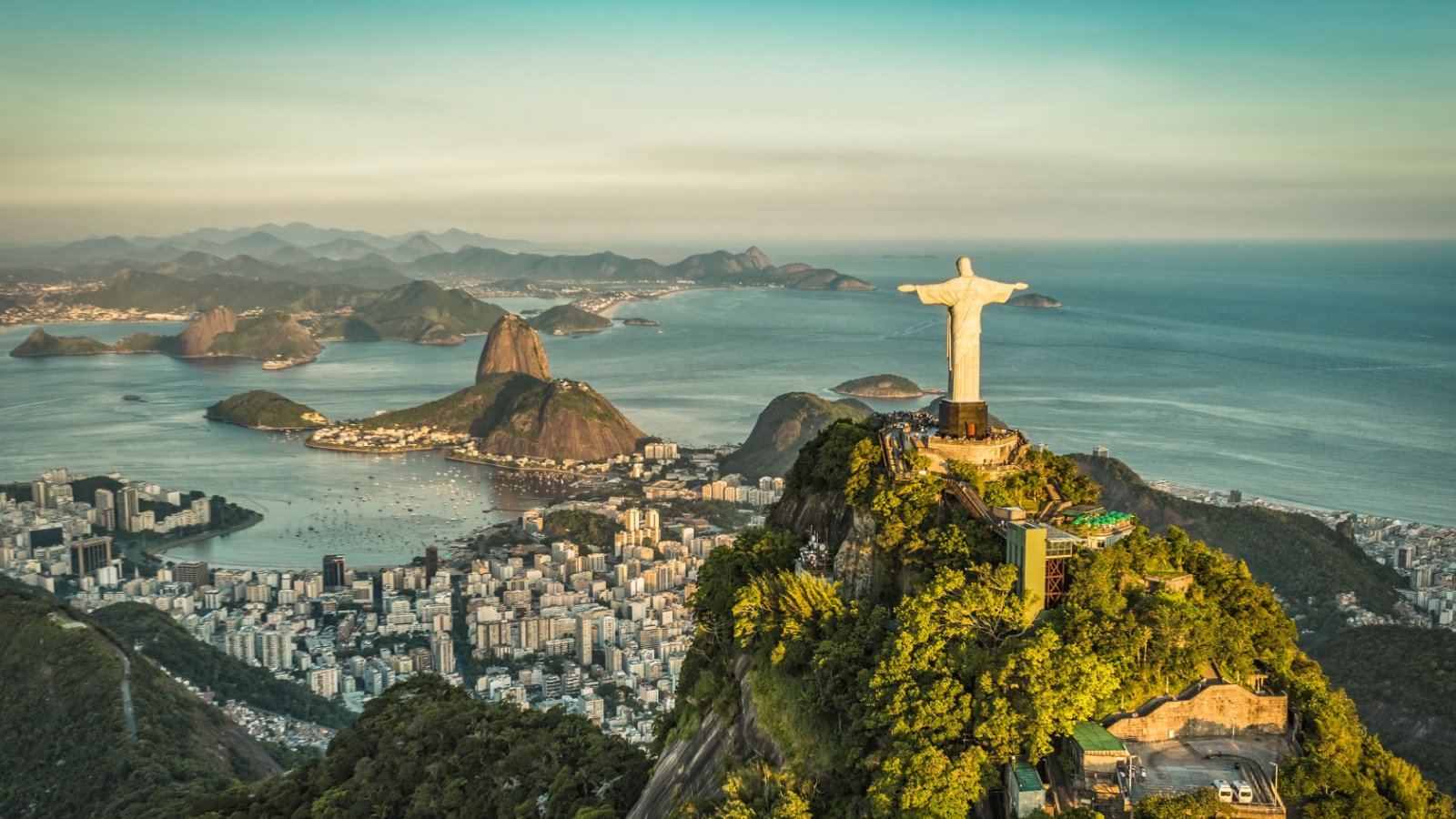
In an alarming finding, International IDEA reports that in 17 countries, satisfaction with government is at a low, affecting millions in Brazil, India, and the United States. This widespread disillusionment signals a critical juncture for democracies worldwide.
The Lure of Authority

The study reveals a startling openness to authoritarian leadership in eight nations, with India and Tanzania notably inclined towards the idea of a ‘strong leader’ free from democratic restraints. This preference underscores a deep-seated frustration with current democratic processes.
Economic Pessimism

A mere four nations reported a majority feeling economically better off than their predecessors, unveiling a common thread of financial pessimism that spans continents. This economic dissatisfaction casts a long shadow over the faith in democratic institutions.
Surprising Support
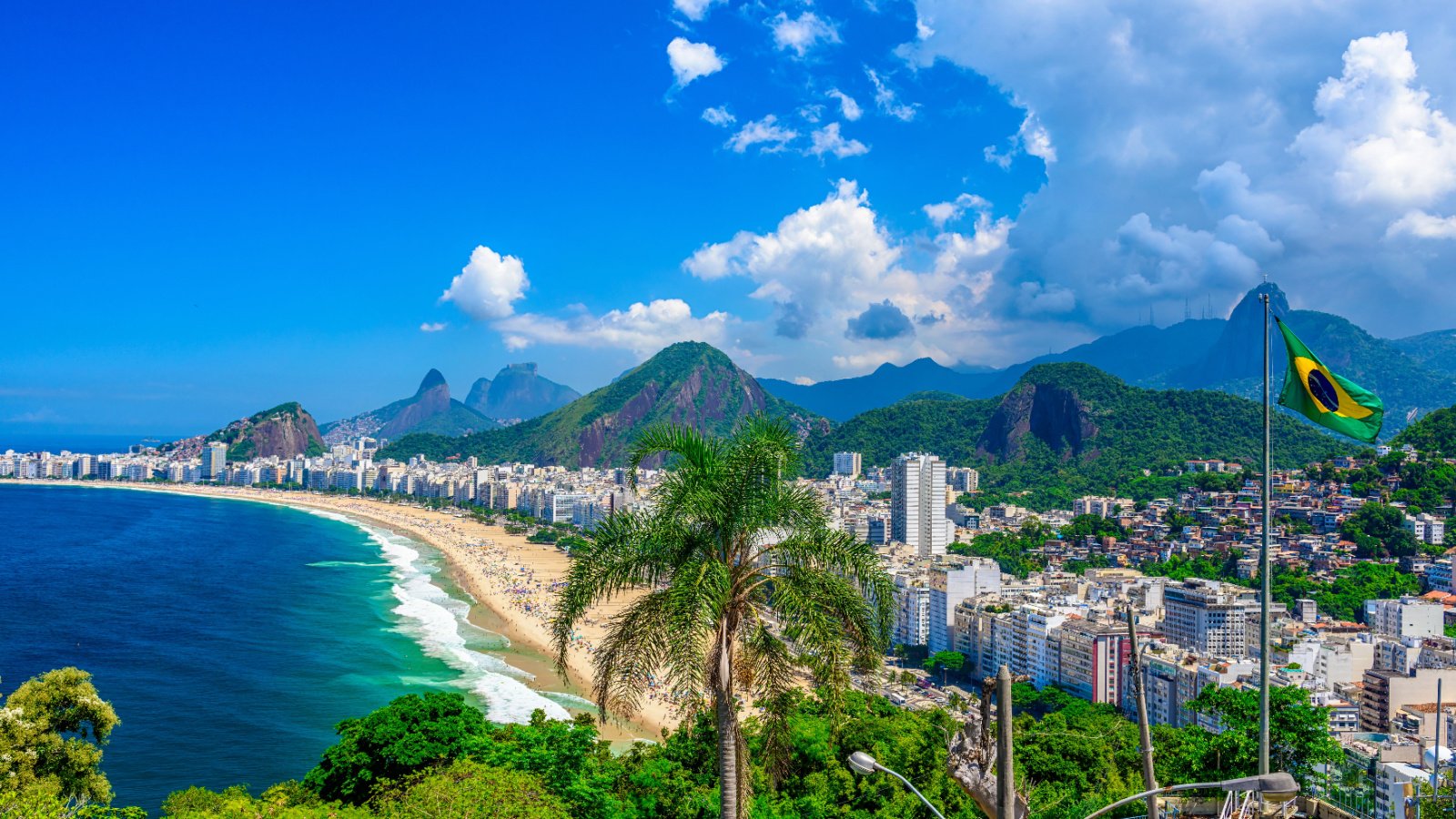
In a twist of expectations, the economically disadvantaged in countries like Brazil and Sierra Leone show more approval of their governments than their wealthier counterparts. This paradox highlights the complex relationship between economic status and political satisfaction.
Judicial Doubts

Confidence in the judicial system is lacking, with less than half of the population in 18 countries believing in equitable access to justice. The comparison between Iraqi and American faith in their justice systems paints a grim picture of global judicial confidence.
International Perspective
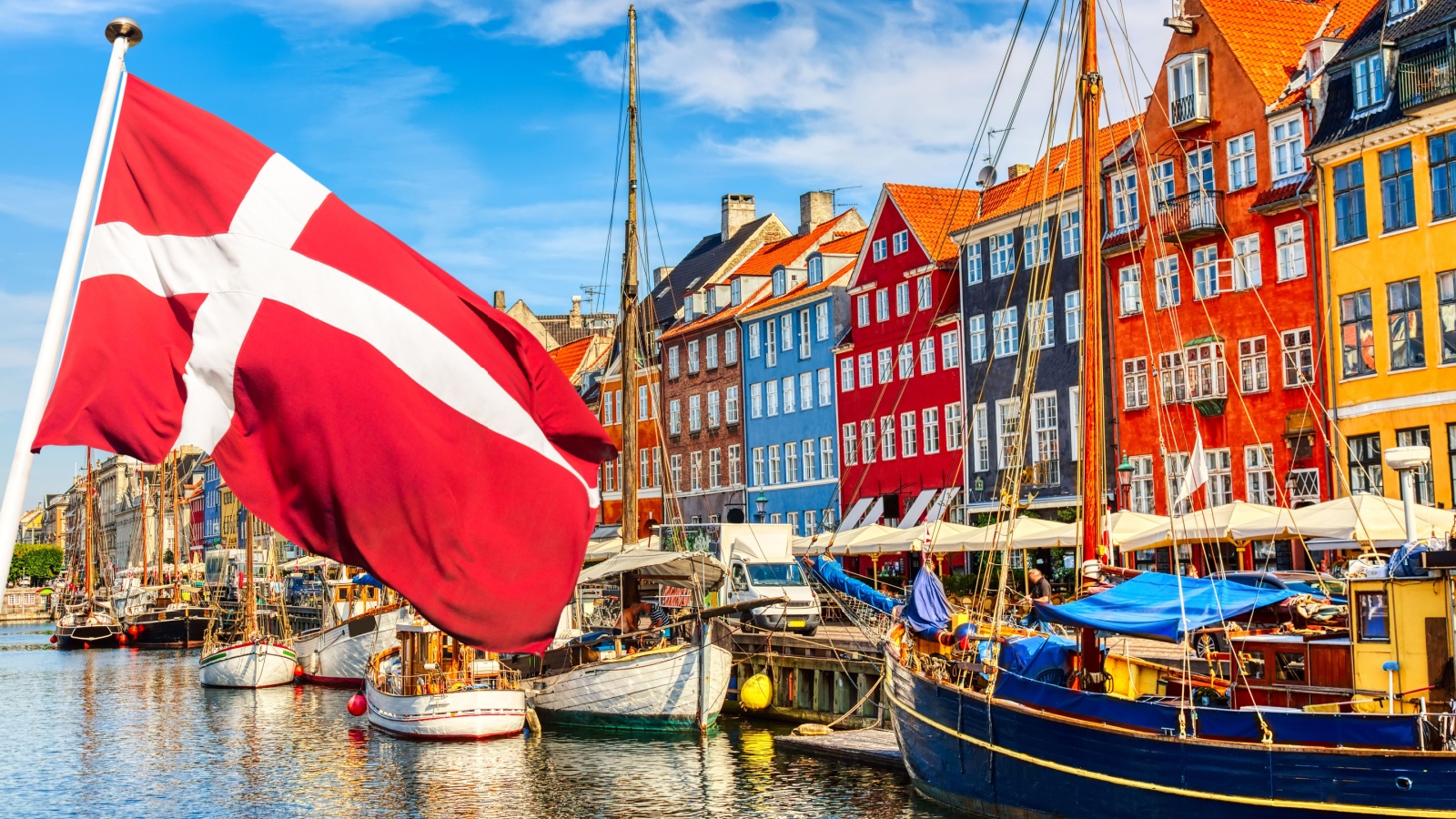
The survey spanned a wide array of nations, from Denmark to the Solomon Islands, offering a panoramic view of global attitudes towards democracy and governance. This breadth of perspective is crucial for understanding the nuanced challenges facing democracies today.
Methodological Rigor

Conducted with meticulous care by YouGov and GeoPoll, the surveys utilized telephone and internet methodologies to capture a snapshot of global democratic sentiment last year, with India’s data gathered in January. This methodological diversity ensures a robust analysis of public opinion.
Reflecting on Democracy

Since its inception in 1995, International IDEA has been dedicated to exploring the subtleties of public opinion on democracy, emphasizing the importance of understanding different groups’ perceptions. This focus is more relevant than ever as democracies around the world navigate turbulent waters.
Unequal Faith

The report casts a spotlight on the stark differences in trust towards democratic processes, revealing significant disparities in how various demographics perceive their effectiveness. These findings prompt a deeper examination of the factors driving these divergent views.
Economic Shadows

The study’s revelations about economic perceptions offer a sobering reflection on the state of global democracy, with only a fraction feeling more prosperous than the generations before them. This economic gloom serves as a backdrop to the broader discussions on the health of democratic institutions.
Judicial Confidence Crumbles
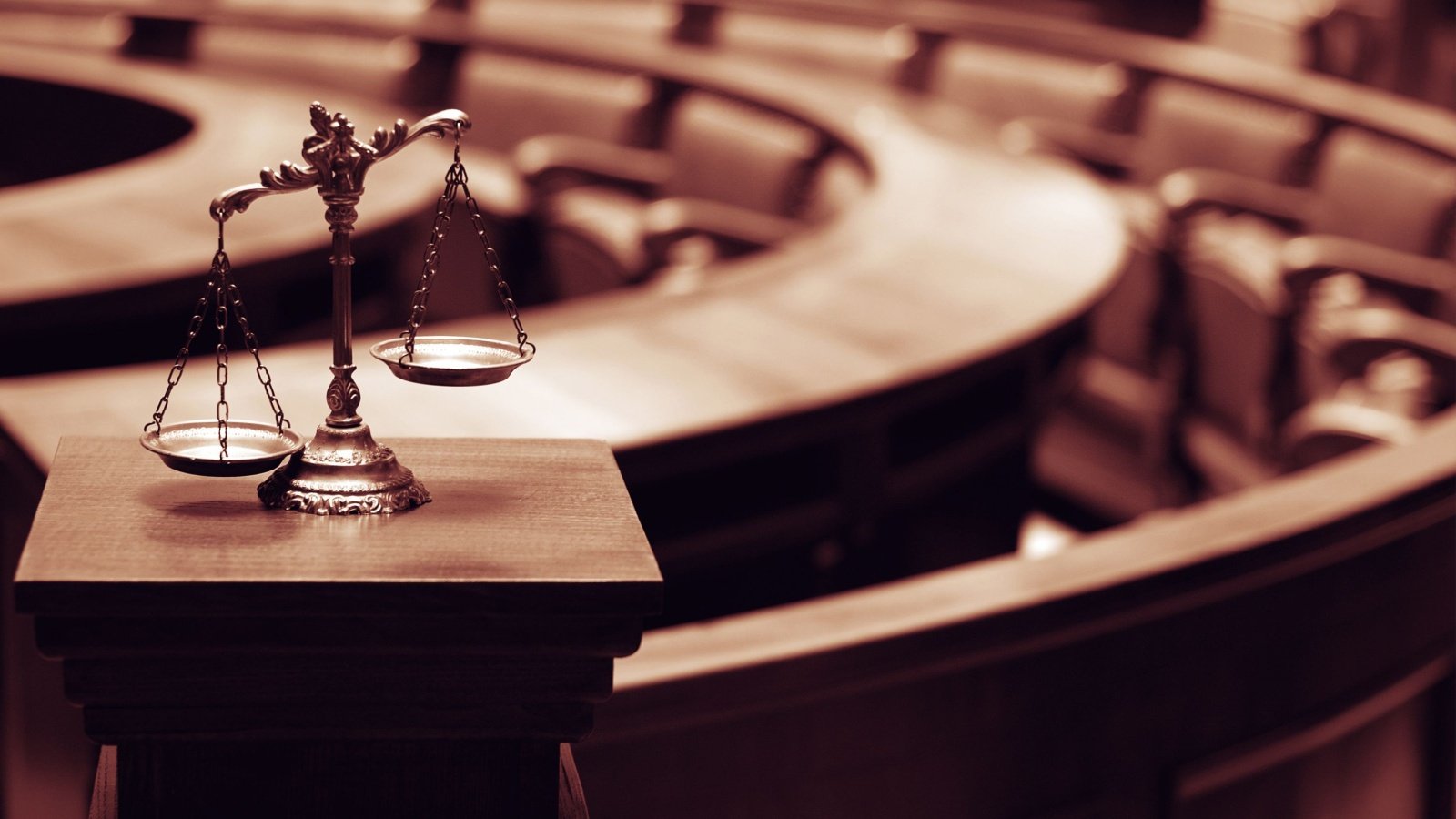
Amidst a global crisis of confidence in the judiciary, Denmark stands out as a beacon of hope, with a majority of its citizens trusting in their courts’ ability to deliver justice. This exception highlights the urgent need for judicial reform across the globe to restore faith in democracy.






